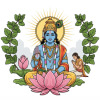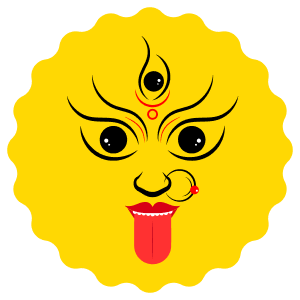Introduction
Vagh Baras, also known as Govatsa Dwadashi in some regions, is celebrated on the twelfth day (Dwadashi) of the Krishna Paksha in the month of Ashwin. It marks the beginning of the Diwali festivities in Gujarat and is dedicated to the worship of cows and repayment of debts — both material and karmic.
Meaning of the Name
The word “Vagh” in Gujarati refers to “debt,” and “Baras” means the twelfth day. Symbolically, it is a day to clear debts, start afresh, and invite prosperity and peace.
Mythological Significance
According to Hindu belief, cows are considered sacred and a symbol of wealth and nourishment. On Vagh Baras, cows and calves are bathed, decorated with vermillion, flowers, and worshipped. It is believed that by worshipping cows on this day, one pleases Goddess Lakshmi, the deity of wealth.
Custom of Repaying Debts
Traditionally, business owners, especially in Gujarat, close their old accounting books on Vagh Baras. They refrain from monetary transactions on this day, symbolizing debt-cleansing and preparing to start new financial books on Labh Pancham or Diwali.
Spiritual and Cultural Importance
Vagh Baras is not only a festival of financial discipline but also of emotional and spiritual cleansing. It teaches the values of gratitude, financial ethics, and respect towards animals, especially cows. In villages, farmers offer special prayers to their livestock.
Celebrations Across India
While Vagh Baras is more prominent in Gujarat, it is also observed in Maharashtra as Govatsa Dwadashi, where cows are honored, and people refrain from consuming milk or milk products on that day as a mark of respect.
Conclusion
Vagh Baras heralds the start of Diwali with reverence, humility, and a resolve for renewal. It emphasizes detachment from material burden and respect for divine animals, paving the way for an auspicious new year.








